Introduction to the
70th Anniversary
The Arc of Massachusetts is celebrating 70 years of progress for people with intellectual and developmental disabilities (IDD) and autism: from institutions and segregation to inclusion and opportunities.
Innumerable advocates, families, public officials, donors, human service agencies, and friends have worked tirelessly to reach this milestone. Through their efforts, the 200,000 Massachusetts residents living with disabilities have more opportunities to lead full lives in the community than ever before.
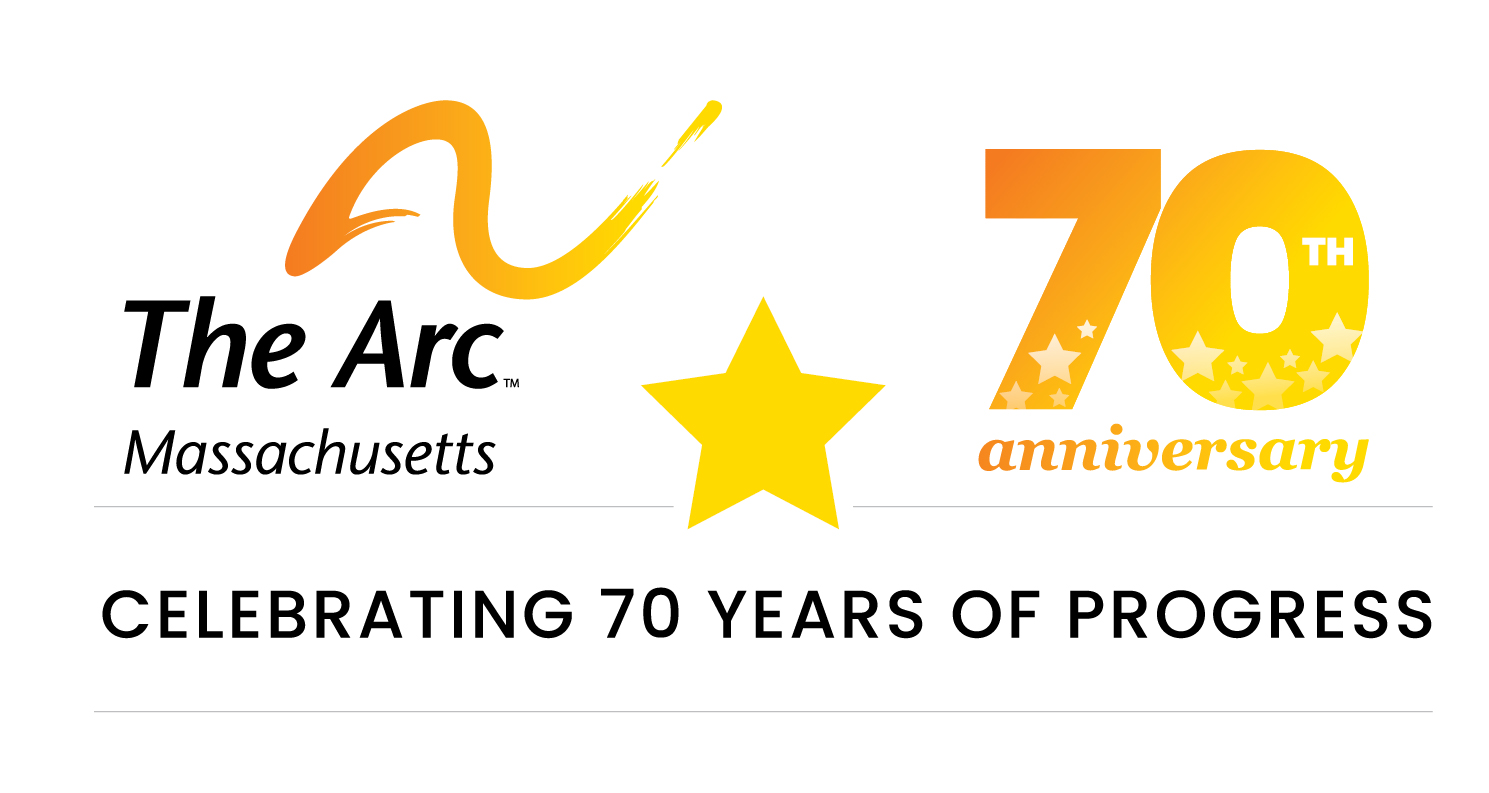
Timeline
1950s
The Arc began because it was needed. Families were isolated. People with disabilities were hidden away. When parents were told by their doctor that their newborn had Mental Retardation, they were totally devastated and left without hope. Parents were given no other choice but to place their child in an institution. That was the situation facing thousands of families in Massachusetts.
Families began to come together in homes, churches and other settings to support each other. The first local chapters of The Arc (originally the Association for Retarded Children) began to open. Some of the early chapters in Massachusetts included the Greater Boston Chapter (formed in 1945), Franklin County, Hampshire County, and South Norfolk. Without public funding, families developed classrooms and camp opportunities for their children and began clinical nurseries.

1960s
In 1961, President John F. Kennedy appointed a panel of 27 scientists and specialists to prepare A National Plan to Combat Mental Retardation. This became part of the Maternal and Child Health and Mental Retardation Planning Amendments of 1963. $2.2 million was allocated to be distributed to states for planning. Lyndon Johnson followed with the War on Poverty and federal dollars became available for social policy. John T. Berry and the Glavin Center were built. Prevention was center stage. PKU screening. German Measles, and especially poverty were seen as the most prevalent causes of mental retardation.
Independent of the legislation, the first recommendation of the Mental Retardation Planning Board was to establish a statewide office reporting to the governor to coordinate state action to combat retardation. It was implemented almost immediately. As The Arc proceeded through its first full decade, both hope and options were in short supply for people with disabilities and their families.
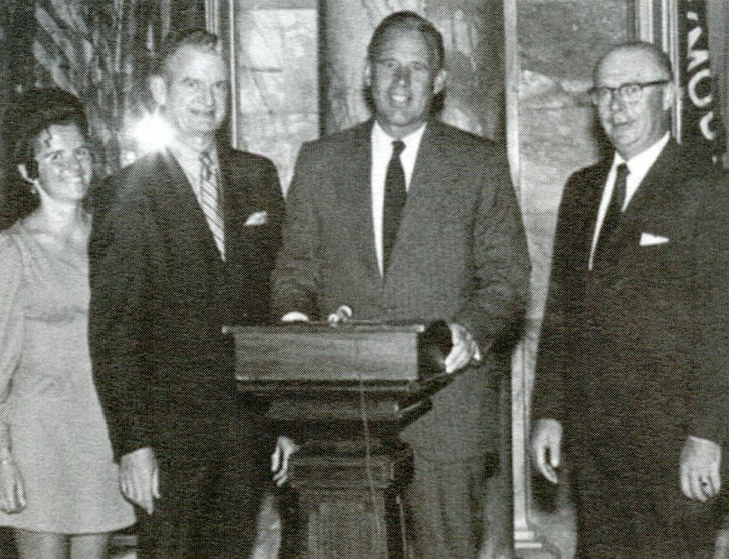
1970s
The seventies was a decade of expanded activism. The darkest emotions of the era reflected the debate over institutional versus community care. At some meetings, Arc members jumped up on tables, threw chairs. Parents who had placed their children in one of the large facilities were passionate that they had made the right decision. The parents who had kept their children at home wanted programs in their own communities.
Massachusetts Special Education Law (Ch. 766), the first such law in the nation, is enacted. This historic, highly acclaimed legislation, entitles thousands of children to appropriate education. The Arc of Massachusetts and the Mental Health Legal Advisory Committee receive a grant to co-host a Center for Law and the Handicapped. The Arc of Massachusetts and Gunnar and Rosemary Dybwad co-sponsor the first Self-Advocacy Conference, called Yes We Can.
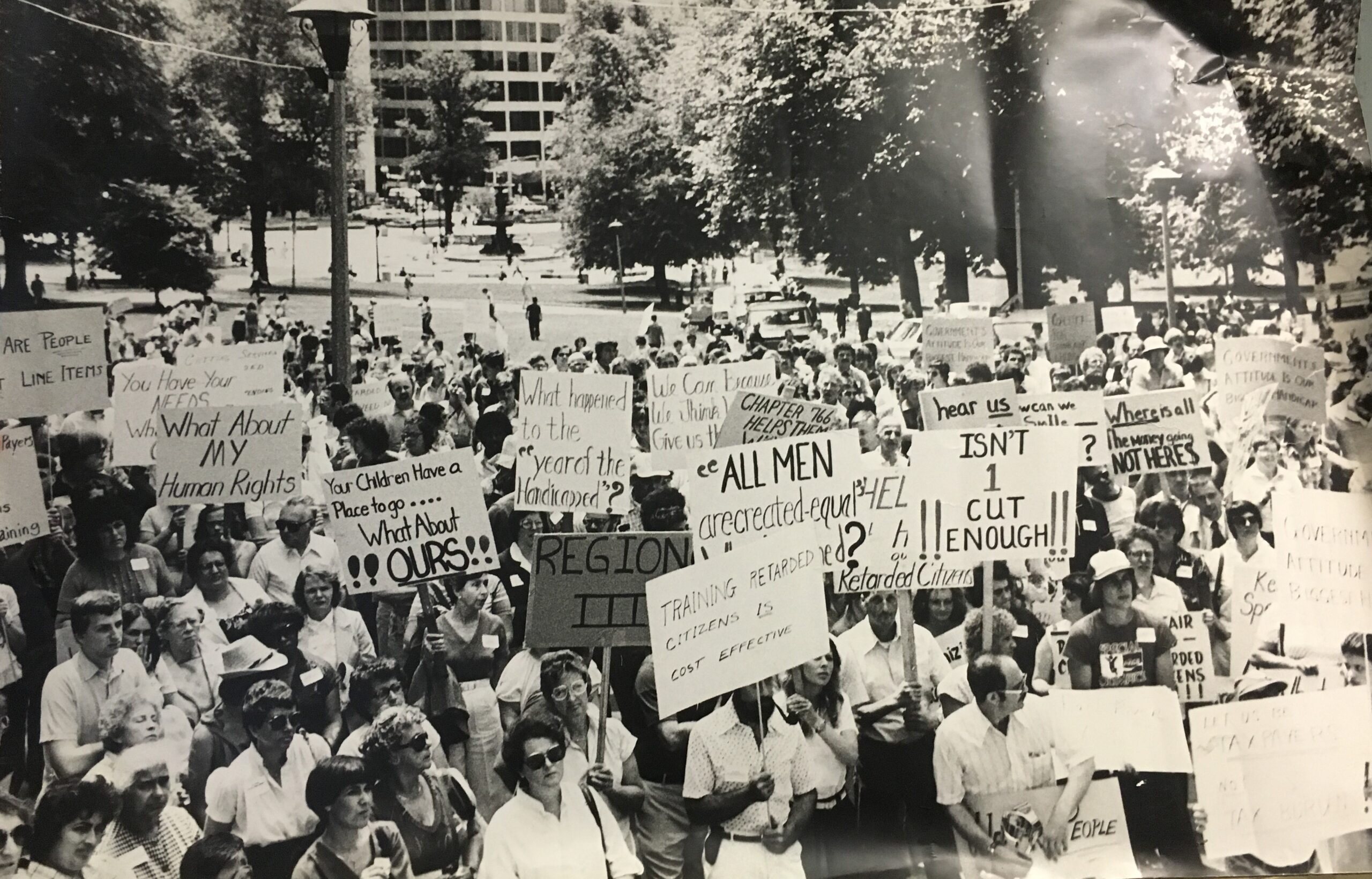
1980s
The Arc filed the first in the nation Turning Twenty Two legislation, guaranteeing services for students leaving Special Education. The concern was whether we could get though another right to services entitlement similar to Chapter 766. Families who kept their children at home were beginning to get limited supports. The other major development in this decade was the growth of Early Intervention.
The Arc plays a leadership role in expanding the Personal Care Attendant (PCA) Program for people with cognitive disabilities. The Arc of Massachusetts works with advocates to establish the Disabled Persons Protection Committee.
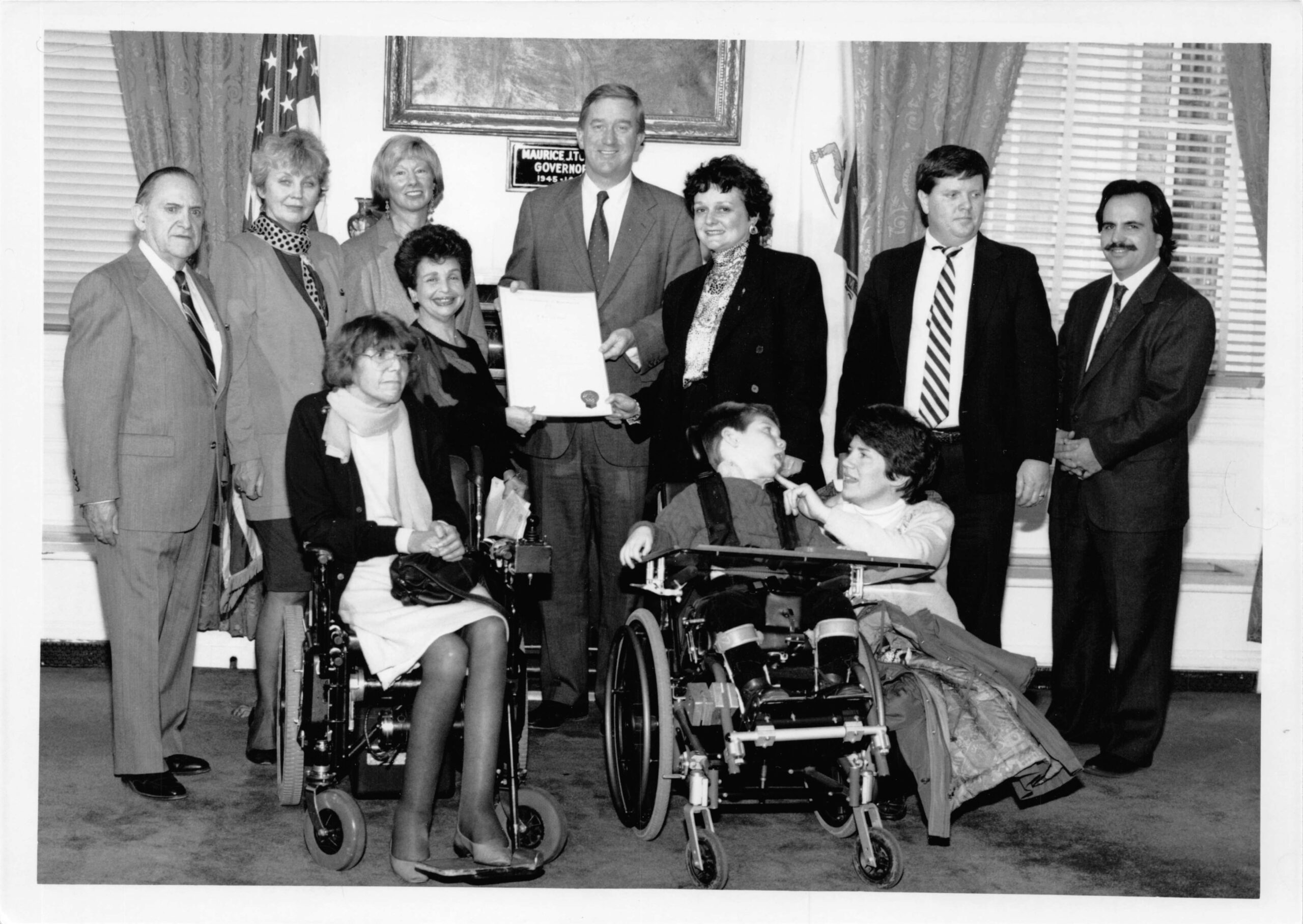
1990s
Families who had chosen to keep their family member at home were getting old and simply afraid to die. Few spaces were available after twenty years of the eighty-twenty rule (eighty per cent from state schools, twenty per cent from the community). Families were afraid that if the parent was no longer able to provide care, the family member would go to a nursing home, a tragedy after a lifetime of living at home.
Supported by a Joseph P. Kennedy, Jr. Foundation grant, The Arc joins with Mass. Families Organizing for Change and DMR Citizen Advisory Boards to form Family to Family, a collaboration dedicated to addressing the issues of the DMR Waiting List. The Rolland lawsuit, in which The Arc is a representative plaintiff, is settled, moving 1500 people with developmental disabilities from nursing homes to community services.
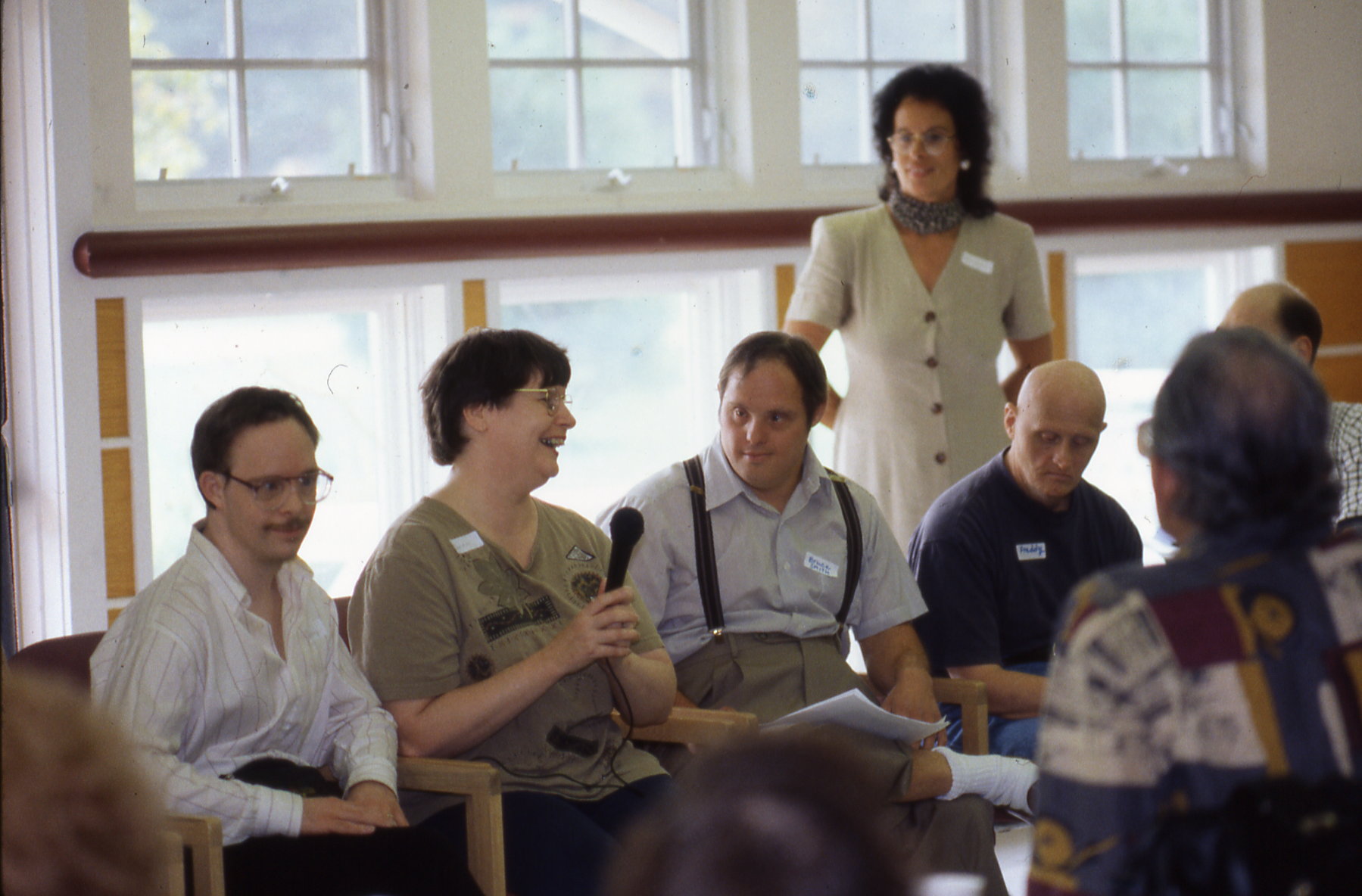
2000s
A new century began with a bang as Judge Douglas Woodlock ruled on the Boulet case, that the state must pay for the 2,437 individuals on the Waiting List at the Department of Mental Retardation. Between 2000 and 2006, every person must be served. This was a huge turning point for families.
A system that had been completely driven by people moving from the large facilities could now focus on the thousands of community families in need. So many parents were in crisis and now would have the opportunity to see their son or daughter move into their own home.
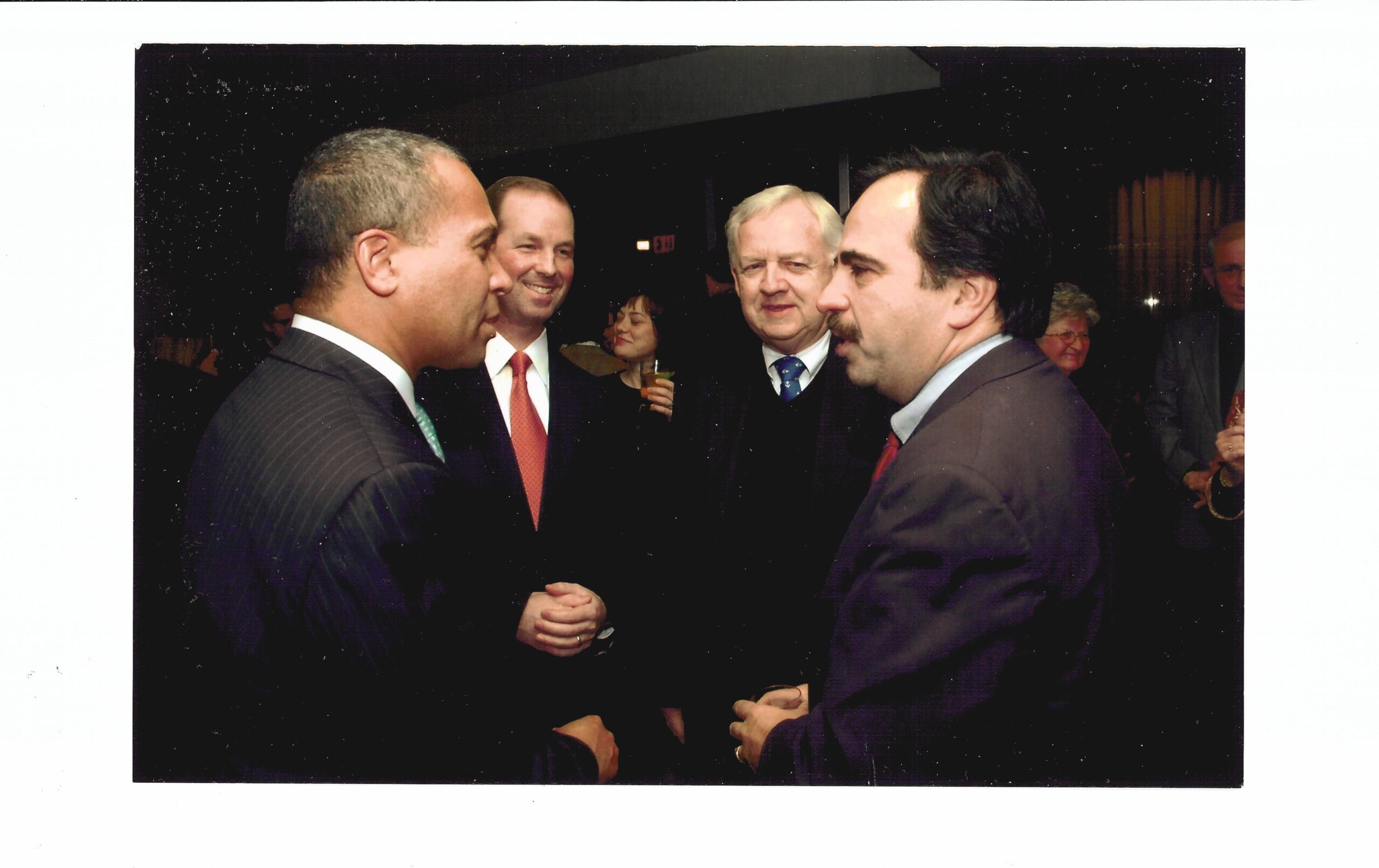
2010s
The 2010 decade began as a struggle. Gridlock between parties in Washington D.C. continued. There were budget cuts due to shortfalls in revenue. On the other hand, there was much to celebrate: an insurance bill for autism made a huge impact for families in Massachusetts. The autism omnibus bill was passed and included new eligibility options for adults with developmental disabilities and autism. This bill also required MassHealth to pay for ABA and augmentative communication.
The Real Lives bill passed which placed into statute the right to self-direct services with public funds. Nicky's Law, also known as the abuse registry bill, is enacted to create a registry of care providers substantiated of abuse against persons with disabilities. A staffing shortage crisis begins to emerge in the direct support workforce. The Arc leads the statewide efforts to address this.
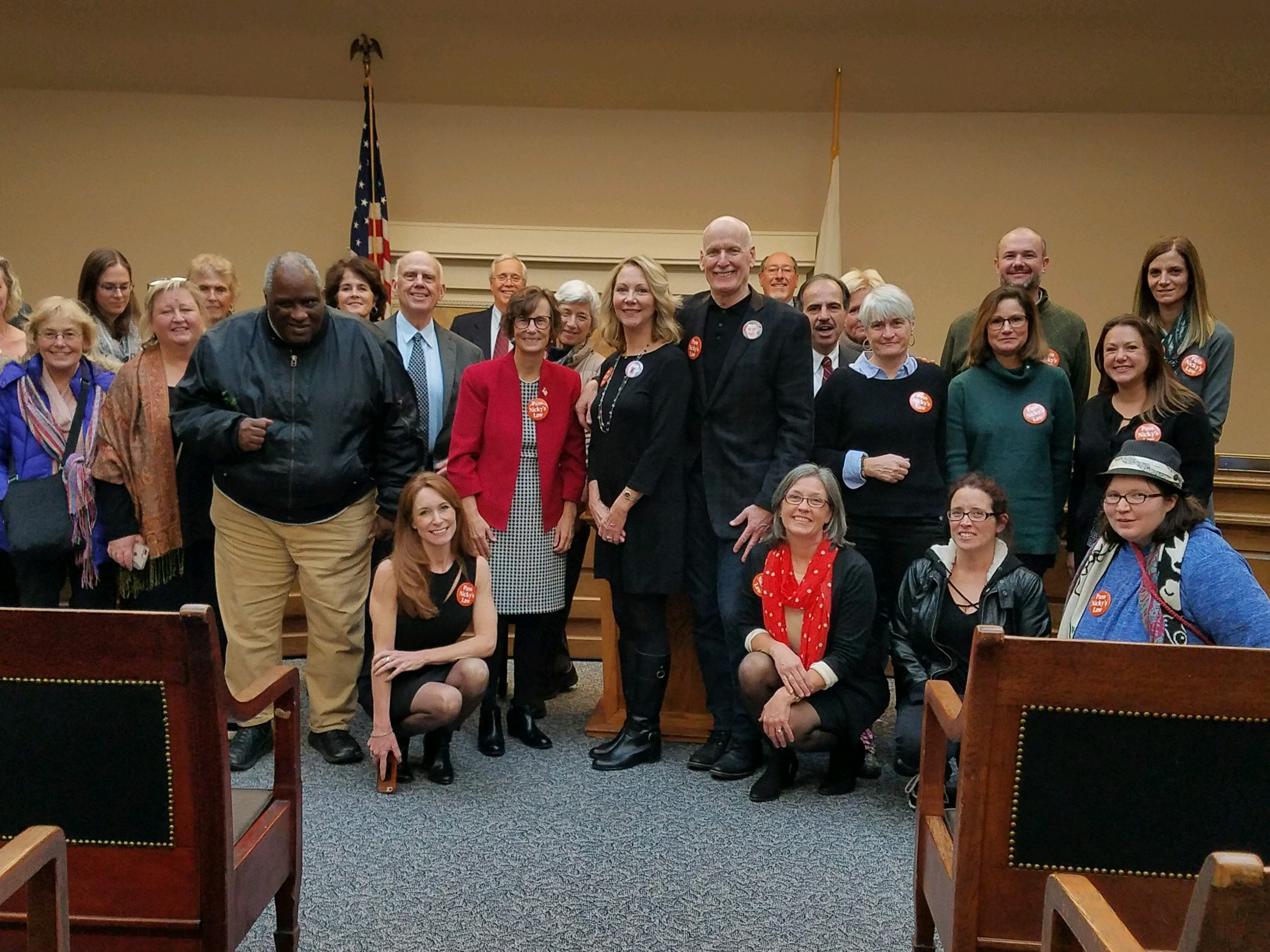
2020s
The COVID-19 pandemic changes the landscape for people with disabilities. Isolation overtakes inclusion. Individuals no longer receive invaluable supports and services, leading to regression in behaviors and loss of routine. Further, the direct support workforce shortage crisis is exacerbated, leading to family members serving as full-time caregivers, which results in caregiver burnout.
The Arc leads the charge in advocating for the needs of people with disabilities during this tumultuous period, ranging from addressing crisis standards of care to ensuring vaccination access. As the pandemic continues and restrictions ease, day programs struggle to return to their full capacity and individuals continue to go unserved and underserved. The Arc takes these urgent needs to the legislators and policymakers who most need to hear them, ensuring hundreds of millions in additional funding through priority budget line items.
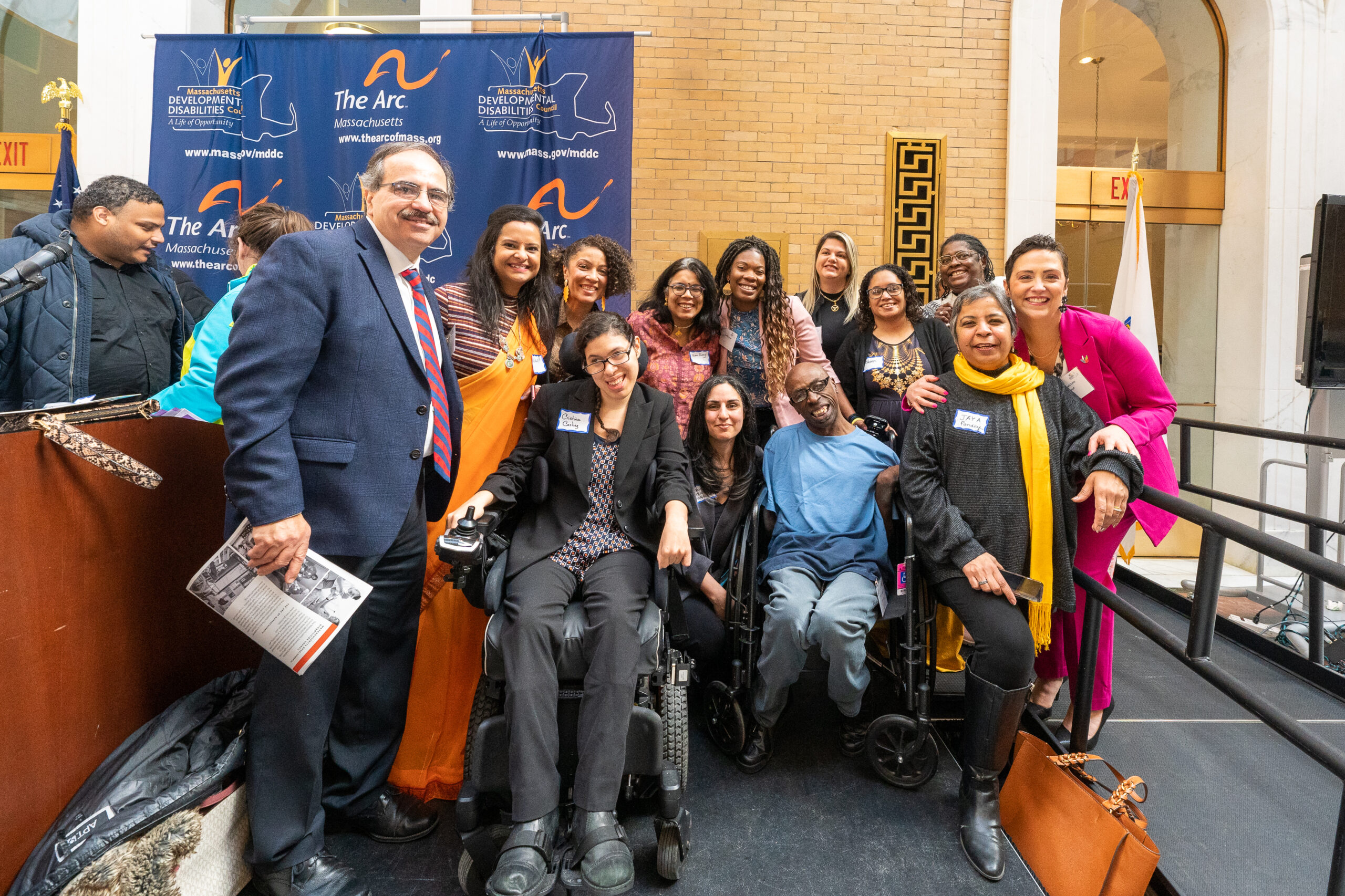
Detailed History
Radio Spotlights
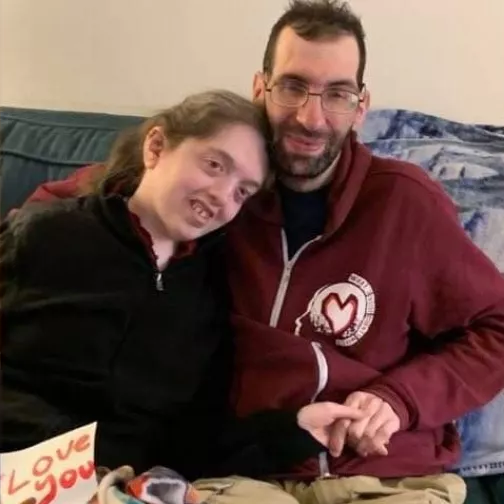
Jonathan and Esther
Meet Jonathan Spiller and Esther Greenspan, who have a true love story and are using it to inspire others. The two have been a couple since 2017. They have since co-authored a book about their relationship titled "Special Soulmates: A True Love Story."
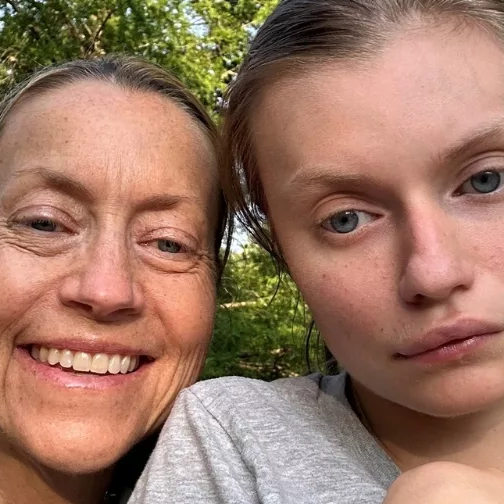
Keilly and Ariane
Meet 23-year-old Keilly and her mother, Ariane. Keilly has Rett syndrome, a rare, spontaneous genetic neurological disorder. The McMahans recently navigated turning 22 and transition with the support of The Arc.
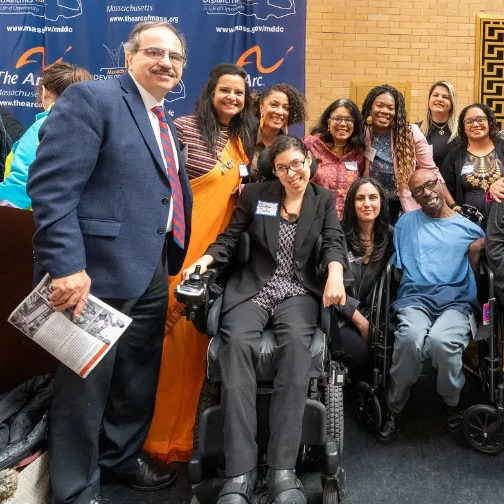
Leo Sarkissian
Meet Executive Director Leo Sarkissian, who has been leading The Arc for the last 32 years. “When we advocate, we advocate for everybody,” Sarkissian said.

Jonathan Gardner
Meet Jonathan Gardner, an autistic 20-year-old who has PTSD and also battled a form of bone cancer. Jonathan is an ambassador and mentor with The Arc of Massachusetts' Operation House Call.
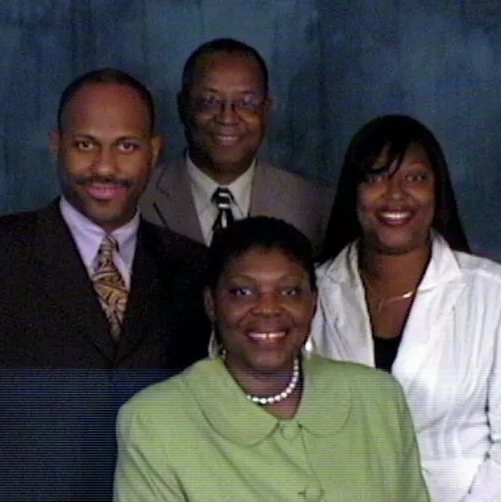
Henry and Evelyne
Meet the Milorin family. Henry and Evelyne had only been in the US for a few years when they started noticing developmental changes in their son, Reggie. "The Arc taught us how to advocate, find the right connection," Henry said.
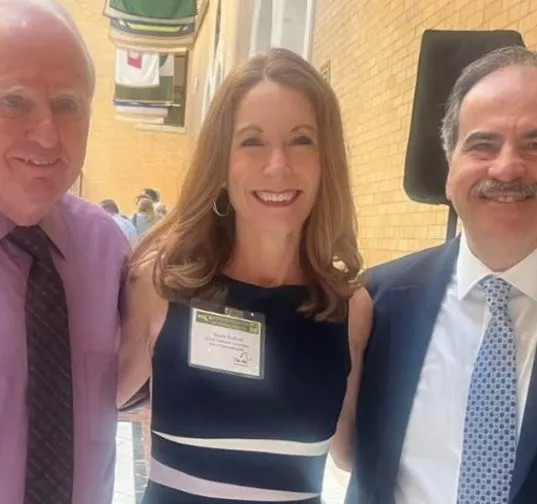
Maura Sullivan
Meet Maura Sullivan, The Arc’s Senior Director of Government Affairs and Health Policy. Maura helps to empower individuals and their families to navigate Beacon Hill to tell their personal stories, connect with their lawmakers, and testify for important legislation.

Cameron Toye
Meet Cameron Toye, a 31-year-old with cerebral palsy, who works at the Newburyport Recycling Center as part of his full-time job with the city of Newburyport. “It makes me feel really good that I can get a paycheck every two weeks and have my own money,” he said.
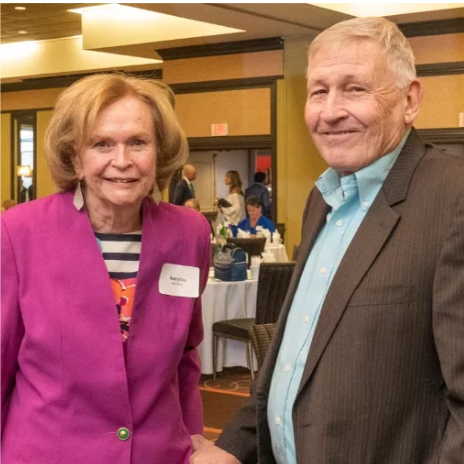
Mary Lou Maloney
Meet Mary Lou Maloney, who led The Arc’s vital program Family to Family in the 1990s. “If you see different people who just have fury in their eyes, you could get a lot done,” Maloney said.
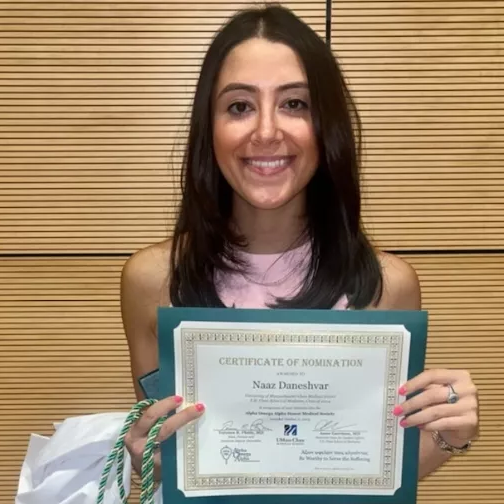
Naaz Daneshvar
Meet Naaz Daneshvar, a fourth-year student at UMass Chan Medical School who teamed up with The Arc's Operation House Call program. "This is such an important topic that it really shouldn't be an elective, it should be something that students at UMass Medical School get to experience as a group at large," Daneshvar said.
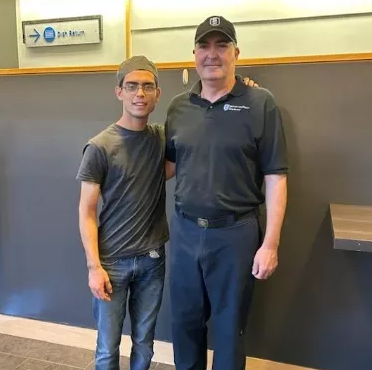
Peter and Gabriel
Meet Peter and Gabriel, a group-supported employment supervisor and one of the employees he supervises. “I think it’s really good for everyone because it helps build self-confidence,” Cohn said. “It helps people to feel like I can do a good job just like anyone else. I can make money; I can make a paycheck.”



